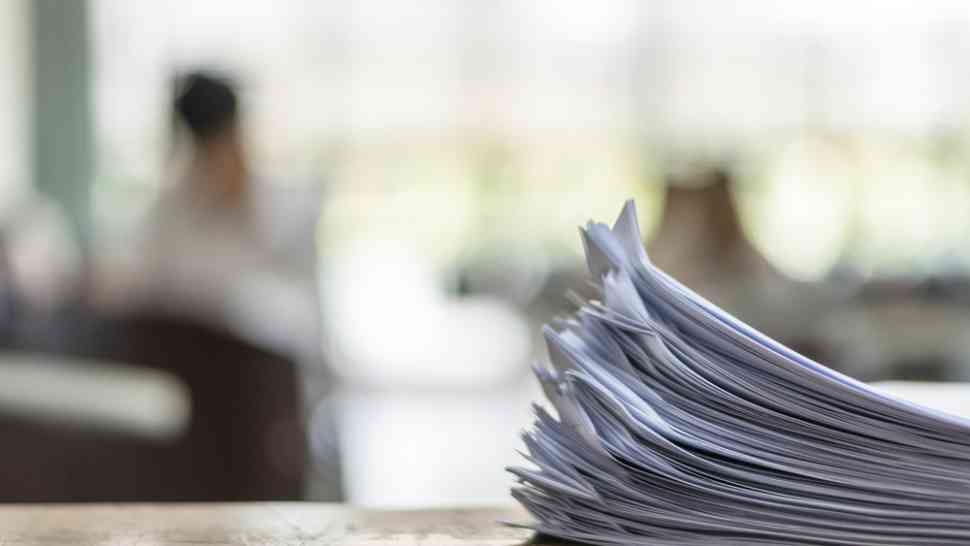Things You Should Check In An Academic Paper Before Citing

Blurry view of papers on table
A good research paper is incomplete without quality citations. Upon an extensive literature review, you would surely come across articles that can help to approve or disapprove your argument in the paper. However, not every article you go through during research must be cited in the paper. In fact, you will have to spare some time in filtering out the unauthentic, poorly written, and inconsequential papers from your list of cited works. Let me offer you some advice on how to choose the right academic paper.
Over here, you will find a few tips on what to see in an academic paper before citing it.
- The publisher
The first thing most researchers see is the publisher. That is, where the concerned paper has been published. There are thousands of journals online, and many of them are simply mills manufacturing the same old content over and over. A reputed publication raises an assumption that the paper contained therein meets the standard of quality and can be cited. For example, a paper published by the Harvard Law Journal immediately attracts credibility because there is no gainsaying the massive sway Harvard University has on academia. Similarly, a research paper in one of the editions of The Lancet means that the research contained therein is legitimate, peer-reviewed, and consequential. So, always research the publisher. Find out when the publication began, which edition it is, who sits on the editorial board, etc. - The citations in the paper
First of all, read through the entirety of the paper; you simply cannot cherry-pick a few sentences and transplant them into your paper. No! The author of that paper must have used his own set of citations to corroborate his argument. Check the bibliography and assess the references made. You should check whether the references cited come from well-established, authenticated publishers, whether the paper has been published in a paid journal, and whatnot. If you have been researching for a while, you will notice that many authors cite unrelated references or references that contain articles from unverified sources. These authors are to be avoided. So, always check the citations in the paper you intend to cite. - The use of citation style
I understand that citing sources can be a cumbersome task. I can’t tell you how much I dread when a call for papers stipulates Bluebook as the citation style. Whichever area of interest you have, you should check the citation style followed. For example, the American Medical Association (AMA) style is a standard citation style for JAMA and the Archive Journals. Similarly, Modern Language Association (MLA) is a style generally preferred for Humanities Journal, and the Chicago Manual of Style is used for Business Journals. When you select a paper for citing in your paper, make sure you go through the citation style. A meticulous researcher will always be particular about the citation style. He will cite sources as per rules and uniformly. Organization of citation is as much important as the cited material so keep a watch. If the citation style is not up to the mark and the article has been nevertheless published in a journal, then that article and the journal should not be considered. - Grammatical and syntactical aspect
Good research papers undergo a very strict review process. Peer review is an essential aspect of paper-vetting, and a publication serious about its quality will ensure that the paper is as per contemporary grammatical and syntactical standards. When you read the papers you wish to cite, make sure you pay attention to how the paper has been written, whether the sentences have been framed accordingly, whether there are grammatical errors in it, and others. I cannot overstate the importance of a properly written paper; you may have the best ideas to write on but poor drafting skills will be a nosedive for you.
Bring the best of the CEOWORLD magazine's global journalism to audiences in the United States and around the world. - Add CEOWORLD magazine to your Google News feed.
Follow CEOWORLD magazine headlines on: Google News, LinkedIn, Twitter, and Facebook.
Copyright 2025 The CEOWORLD magazine. All rights reserved. This material (and any extract from it) must not be copied, redistributed or placed on any website, without CEOWORLD magazine' prior written consent. For media queries, please contact: info@ceoworld.biz








